[OmniFaces utilities] The
getBundleString() method gets a string for the given key searching declared resource bundles, order by declaration in faces-config.xml. If the string is missing, then this method returns ???key???.Method:
See also: Faces#getResourceBundles()
Let's
suppose that we have the below two resource bundles:
The
content of msgs.UserMessages for English
is:
The
content of msgs.AdminMessages for English
is:
Notice
that the NAME key
appears in both!
Now, in faces-config.xml, we
declare both resource bundles, as below (for the "user" messages we
have attached the var named, user, and for the "admin"
messages, the var named, admin):
<application>
<locale-config>
<default-locale>en</default-locale>
<supported-locale>en</supported-locale>
<supported-locale>fr</supported-locale>
</locale-config>
<resource-bundle>
<base-name>msgs.UserMessages</base-name>
<var>user</var>
</resource-bundle>
<resource-bundle>
<base-name>msgs.AdminMessages</base-name>
<var>admin</var>
</resource-bundle>
</application>
Now, you
can use both resource bundles in the application views by indicating the proper
var. For example, a dummy usage is below:
<h:outputText
value="#{admin['NAME']}"/><br/>
<h:outputText
value="#{admin['ROLE']}"/><br/>
<h:outputText value="#{admin['SECURITY']}"/><br/>
<h:outputText
value="#{user['NAME']}"/><br/>
<h:outputText
value="#{user['SURNAME']}"/><br/>
Now,
programmatically speaking, we can locate a key in the current resource bundles
like below - keep in mind that OmniFaces will inspect the resource bundles in
the order of their declaration in faces-config.xml, which
means that in this case it will first inspect the UserMessages, and if
the searched key is not present there, it will inspect the AdminMessages). The
result are listed for both locales:
// 'First
Name' or 'Nom', from UserMessages
Faces.getBundleString("NAME");
// 'Last
Name' or ' Nom de Famille', from UserMessages
Faces.getBundleString("SURNAME");
// 'administrator'
or 'administrateur', from AdminMessages
Faces.getBundleString("ROLE");
// 'low' or 'faible',
from AdminMessages
Faces.getBundleString("SECURITY");
If you
reverse the order of UserMessages and AdminMessages in faces-config.xml, then we
will have:
// 'Complete
Name' or 'nom et surnom', from AdminMessages
Faces.getBundleString("NAME");
// 'Last
Name' or 'Nom de Famille', from UserMessages
Faces.getBundleString("SURNAME");
// 'administrator'
or 'administrateur', from AdminMessages
Faces.getBundleString("ROLE");
// 'low' or 'faible',
from AdminMessages
Faces.getBundleString("SECURITY");









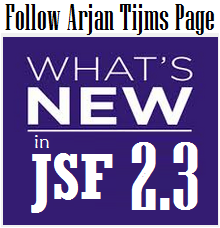

 Arrays
Arrays Converters
Converters

 JSF 2 Tutorials at www.mkyong.com
JSF 2 Tutorials at www.mkyong.com  JavaServer Faces (JSF) Tutorial
JavaServer Faces (JSF) Tutorial 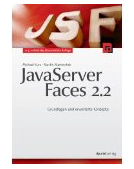
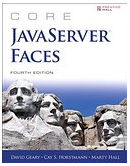
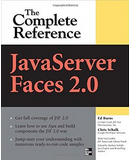
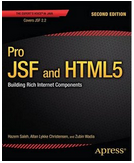




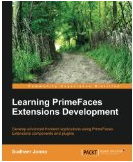



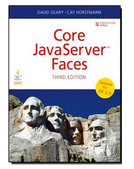

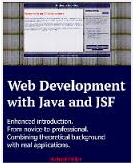
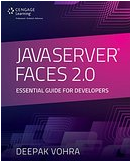

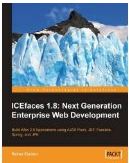




Niciun comentariu :
Trimiteți un comentariu